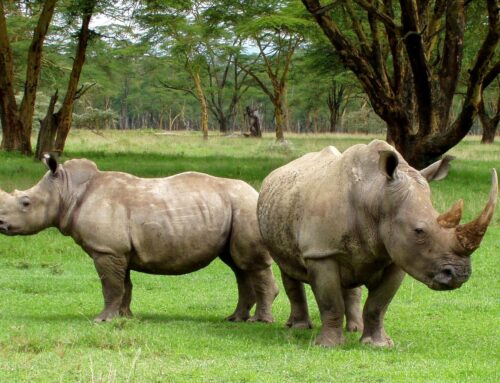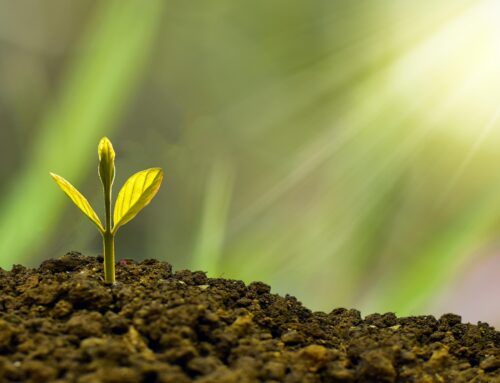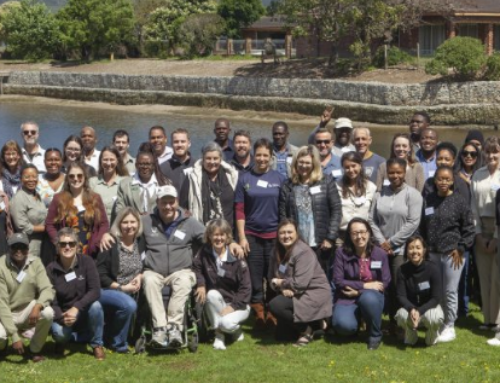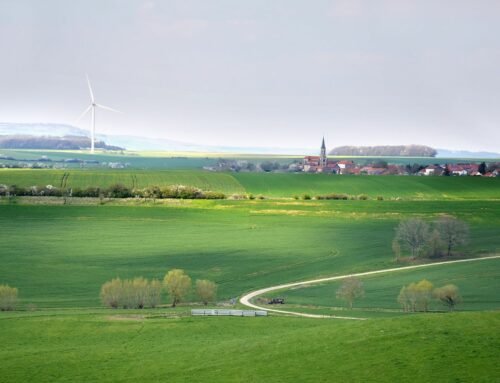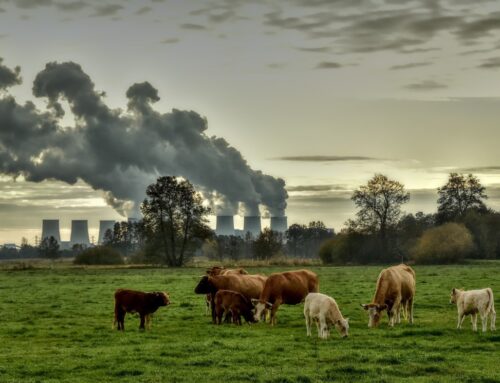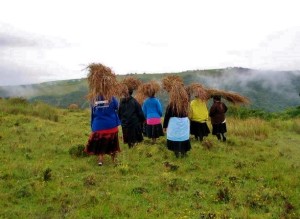 MSc or MA bursary available 2014 – 2015: One Masters level bursary (R80 000 pa with additional funding for field costs) is available for an exciting interdisciplinary project in the Eastern Cape and Cape Town, and based at Rhodes University in Grahamstown.
MSc or MA bursary available 2014 – 2015: One Masters level bursary (R80 000 pa with additional funding for field costs) is available for an exciting interdisciplinary project in the Eastern Cape and Cape Town, and based at Rhodes University in Grahamstown.
Title: Bio-Cultural values and sense of place: implications for personal
well-being of urban migrants
We seek a motivated and enthusiastic student to conduct Masters research as part of an interdisciplinary team exploring the cultural and spiritual significance of nature in the context of labour migration and its implications for conservation and social-ecological system function. This research project forms part of a collaboration of researchers from the Bio-Cultural Diversity Conservation Programme (BCDC) at Rhodes University (RU) and the Stockholm Resilience Centre (SRC) at Stockholm University, Sweden. This collaboration brings together an in-depth understanding of cultural and spiritual values of nature in the Eastern Cape (see https://www.bioculturaldiversity.co.za/) with a social-ecological systems perspective (see https://stockholmresilience.org/). The research is carried out by an interdisciplinary team including Dr Michelle Cocks (BCDC Research Program – Institute for Social and Economic Research[ISER]) and Professor Valerie Møller (Quality of Life Research Program – ISER, RU), Dr Susi Vetter (Botany Department, RU), Dr Maria Tengö (SRC), Tony Dold (Selmar Schonland Herbarium and Botany Department, RU), and Vanessa Masterson (PhD candidate at SRC).
Research conducted by the team and their students has revealed that Xhosa people in the study area have strong material and spiritual links to indigenous forest and subtropical thicket (referred to as “Xhosa forest”). These ecosystems within the former Transkei and Ciskei serve not only as a source of material benefits (provisioning ecosystem services) such as grazing, but also provide a link to ancestral spirits, a location for religious and traditional rituals, and a wealth of culturally-inspired uses of specific species (cultural ecosystem services). Local people gain a sense of wellbeing from areas of “Xhosa forest” through enjoyment of the tranquil surroundings, communication with ancestors and an escape from the troubles of home life. Many migrants from the former homelands who work in urban areas, obtain some of the same benefits from patches of vegetation in the vicinity of their urban homes. Migrants also return to rural home areas every year to perform cultural ceremonies, and reconnect with families and ancestors, However, research has highlighted that many people, in particular young women, people living in urban areas and the elderly, are unable to spend much time in nature for a variety of reasons, including safety concerns. The ways in which these connections to nature and place are articulated and reproduced by migrants in the city has not been well-explored.
The student will be part of a team that will develop a survey to assess and quantify how sense of place and a culturally-entrenched connection to nature affect well-being and quality of life for urban migrants who work in the city but return home to the rural areas. More specifically, we will assess the extent to which having access to nature, engaging in nature-related activities, and having strong bio-cultural values (such as a strong sense of connectedness with nature and/or the ancestral spirits residing there) affect people’s well-being and quality of life. Through this we aim to identify innovative approaches for incorporating cultural values in conservation programmes and to safeguard local people’s access to nature.
Funding from the Swedish International Development Cooperation Agency (SIDA) and Rhodes University is available for a bursary for a full-time MA or MSc student based at the Institute for Social and Economic Research, Anthropology Department at Rhodes University and supervised by Dr Michelle Cocks and Dr Susi Vetter. The student will also conduct field research and surveys in the township areas of Cape Town with a possibility of extending this to East London. All fieldwork costs will be covered by the project. This Masters project will run for 2 years, beginning in January 2014. The student will be offered the opportunity to present his/her work at local conferences and is expected to publish the research in peer reviewed journals.
Students with a strong academic background in anthropology, psychology, sociology, environmental science, or ecology or conservation and an enthusiasm for doing field-based research are encouraged to apply. Applicants fluent in isiXhosa will be given preference.
To apply please send the following to m.cocks@ru.ac.za by the end of November 2013:
- 1 page motivation including your research interests
- Your academic qualifications and results
- CV including references
- A sample of your writing (an essay or an excerpt from your honours thesis)
Please contact Michelle Cocks (m.cocks@ru.ac.za) or Susi Vetter (s.vetter@ru.ac.za) or for more information and to discuss the application process.



